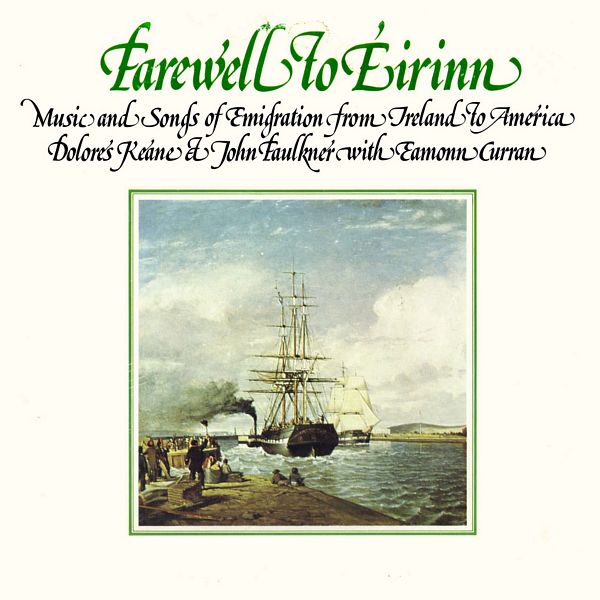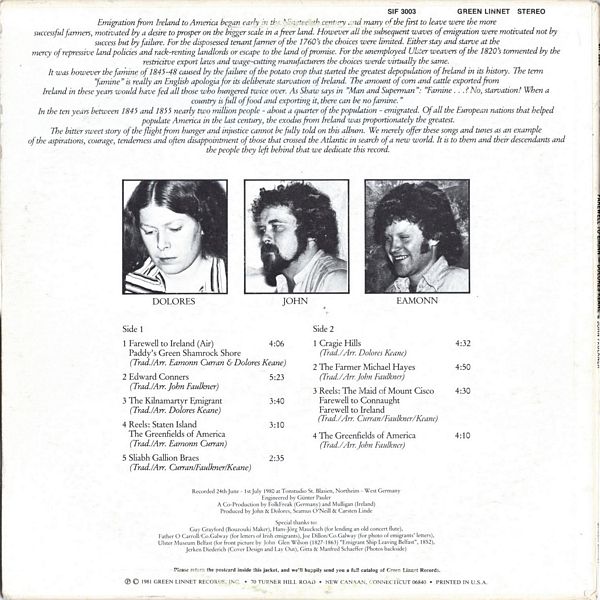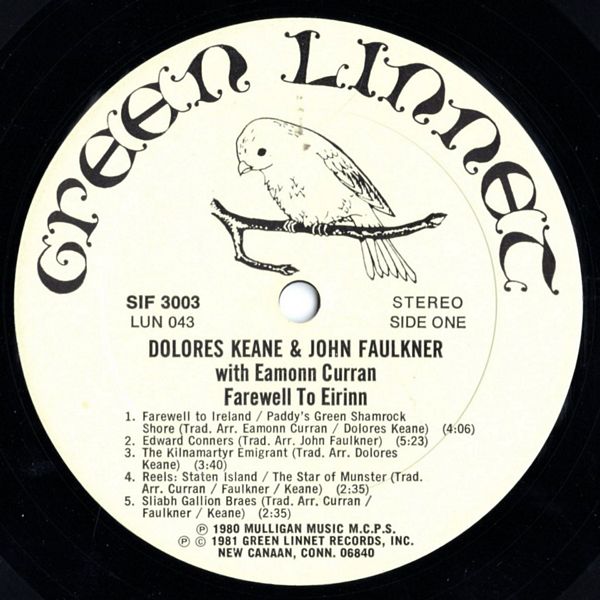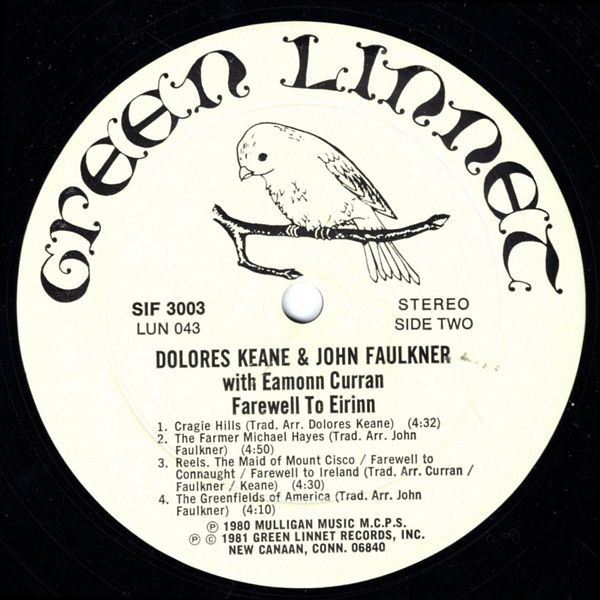
 |



|
Sleeve Notes
Emigration from Ireland to America began early in the Nineteenth century and many of the first to leave were the more successful farmers, motivated by a desire to prosper on the bigger scale in a freer land. However all the subsequent waves of emigration were motivated not by success but by failure. For the dispossessed tenant farmer of the 1760's the choices were limited. Either stay and starve at the mercy of repressive land policies and rack-renting landlords or escape to the land of promise. For the unemployed Ulster weavers of the 1820's tormented by the restrictive export laws and wage-cutting manufacturers the choices were virtually the same.
It was however the famine of 1845-48 caused by the failure of the potato crop that started the greatest depopulation of Ireland in its history. The term "famine" is really an English apologia for its deliberate starvation of Ireland. The amount of com and cattle exported from Ireland in these years would have fed all those who hungered twice over. As Shaw says in "Man and Superman"; "Famine … ? No, starvation! When a country is full of food and exporting it, there can be no famine."
In the ten years between 1845 and 1855 nearly two million people — about a quarter of the population — emigrated. Of all the European nations that helped populate America in the last century, the exodus from Ireland was proportionately the greatest.
The bitter sweet story of the flight from hunger and injustice cannot be fully told on this album. We merely offer these songs and tunes as an example of the aspirations, courage, tenderness and often disappointment of those that crossed the Atlantic in search of a new world. It is to them and their descendants and the people they left behind that we dedicate this record.